Friday, March 12, 2010
Review: "The Pin" by Robert Bloch
First published in 1953, this twelve-page short story exemplifies the provocative power that can stir within the short story form when in the deft hands of an imaginative craftsman such as Robert Bloch. What so captivates the reader in this tale stems from the fact that it provides a modern psychological update on an ancient mythical archetype, and dramatically explores the negative ramifications (in a contemporary urban context) of an equally ancient wish-fulfillment tale, which at first glance seems to be a positive thing in terms of correcting an apparent fundamental unfairness in life. Bloch's plotting is subtle and perceptually teasing in an eccentrically mysterious fashion, using very prosaic elements to clothe occultic dramatic elements. The protagonist, Barton Stone, a simple artist seeking the perfect refuge amidst the hustle and bustle of the city, and finds a dingy but spacious loft apartment in a quiet run-down building with few tenants. Here is a rare place that might facilitate his focused creative energies, but unexpectedly it is in this overlooked place that he crosses paths with the unlikeliest of destinies. This is a story of misplaced curiosity that leads to a career change of truly terrible responsibilities. To his credit the protagonist tries to make the best of things once he finds himself trapped in his new role (which is truly cosmic in proportion), for his new work ties in with his natural will toward compassion for the world and its miseries. However good intentions do not always lead to just decisions, and he is gradually convinced to adopt a policy of cold sober justice, and of a magnitude that escapes the moral comprehension of most mortals. In the end, his individual personality is finally absorbed and subsumed by the inherited identity necessary to his new vocation. His inner being has been reduced to the truly ancient official mask that goes along with the onerous function into which he has inadvertently lured himself. The man who was the artist no longer exists. It has been replaced by a man whose "creative" material is at once the dullest and the most tragic, and whose artist's paintbrush has been traded in for a simple pin whose prick has the final word in the hierarchy of power. And this power is utterly humbling. The reader can most readily find this story in this relatively recent collection (still in print): The Complete Stories of Robert Bloch, Volume 1. Published by Citadel Twilight. Copyright 1990.
Subscribe to:
Post Comments (Atom)
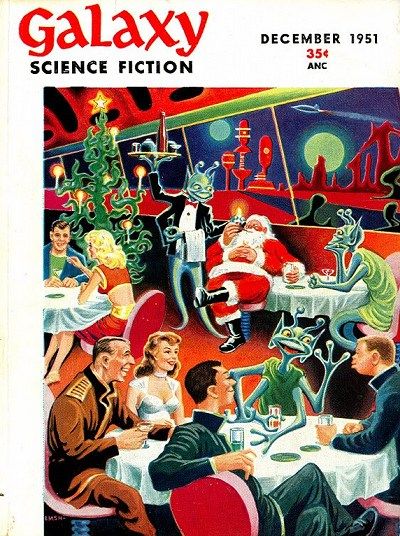








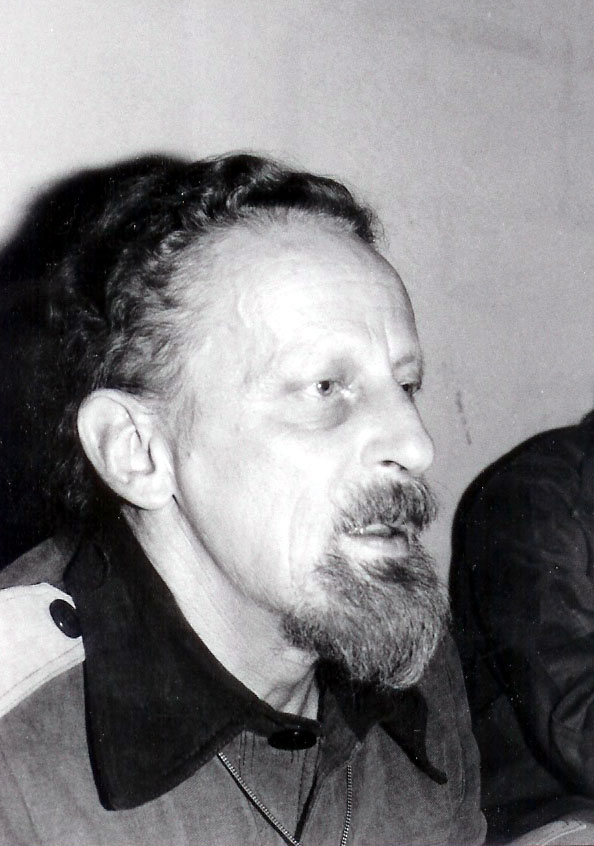



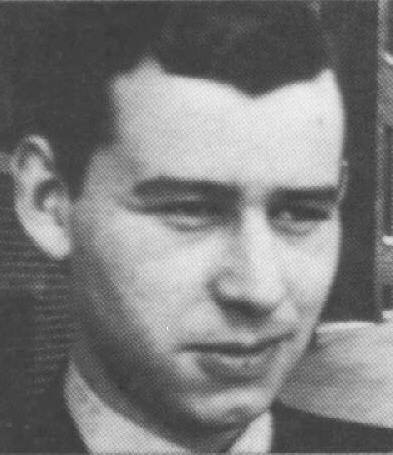




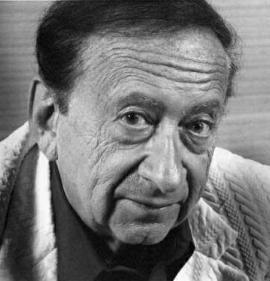

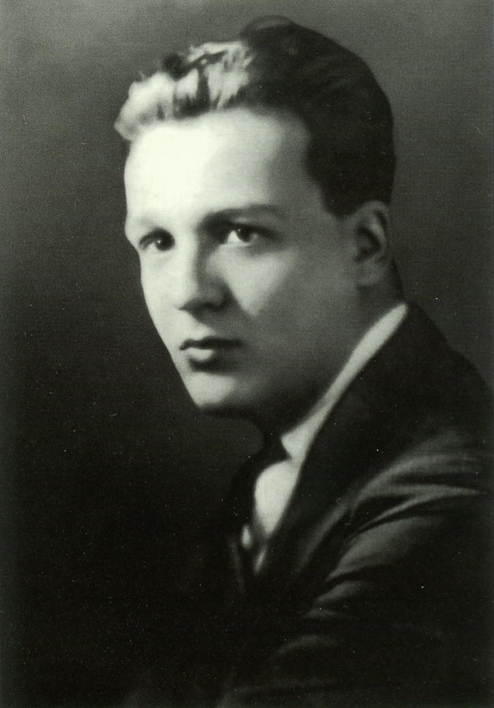



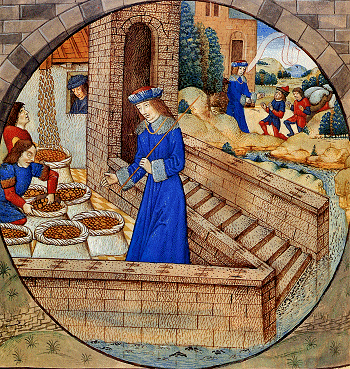


No comments:
Post a Comment